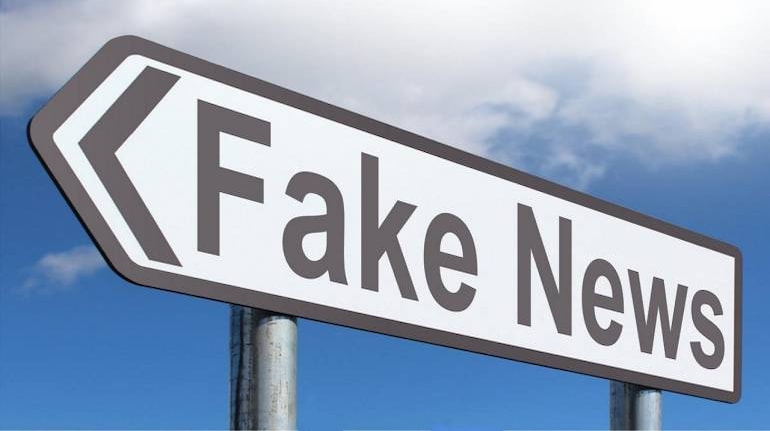



Sounak Mitra
With the election bells ringing, India’s law-makers have increased scrutiny on social media platforms. On Wednesday, March 6, a parliamentary panel asked Facebook, along with WhatsApp and Instagram, to “do more” to tackle fake news. The panel has also expressed “displeasure over the opacity in its functioning by Facebook”. The development comes few days after the parliamentary panel summoned micro-blogging site Twitter on the same issue.
The move is not without merit. Social media platforms have emerged as the preferred way of spreading misinformation or fake news that could influence voters and even spark violence.
The parliamentary panel is unhappy with all co-operation and “apologies” by Facebook for its mistakes in the past. Facebook, which has around 294 million monthly active users in India, has not been sitting idle either. In the past few months, it has taken a few initiatives to curb fake news on the social platform in India. In February, it announced partnerships with a few fact-checking companies aiming to increase fact checking of news items that are posted on Facebook. A few days before that, Facebook said it will ensure all political advertisements carry disclaimers with details about sources and sponsors hoping to end the misuse of Facebook by political parties as a campaign tool.
The parliamentary panel believes that’s not enough. True, it’s not enough. Indeed, going down the path of hauling up social media platforms will not be enough to curb the fake news menace. Here’s why.
A member of the parliamentary panel raised a point: “Who fact checks the fact checker”?
Simply put, Facebook has to rely upon someone — a company or technology to weed out fake news but it is not fool proof. Facebook cannot be blamed for such things as long as transparency is maintained.
Facebook’s bigger problem, however, is Whatsapp that has around 200 million users who use the instant messaging application to forward messages, most of which are mindlessly shared and some which could spread rumours and incite hatred as has happened in the past. Fact checking is next to impossible here.
In any case, WhatsApp was used by political parties in the 2017 state polls in Uttar Pradesh for bulk messaging. In January, Time reported on how the Bharatiya Janata Party (BJP), has been using its volunteers to spread fake news using WhatsApp. According to a report by BBC, WhatsApp has been struggling to control fake news in India.
The point here is that lawmakers also need to keep their eyes on the sources of fake news, including social media experts, political parties, their workers and volunteers who often use multiple media, including social media platforms and age-old telephones or mobiles, for propaganda.
Second, as pointed out in an earlier piece, social media influencers with millions of followers are being used by political parties for propaganda at a fee. What about the Bollywood celebrities who promote political parties on social media for a fee?
These are nothing but surrogate paid advertisements that are not classified as advertisements. These are the ones that are most impactful and have maximum reach.
The problem of India’s fake news isn’t social media platforms, it is the political parties. This can only be addressed when these parties are under scrutiny, which for the moment is a distant dream. For now, voters need to stand against political propaganda, half-truths and fake news.
Discover the latest Business News, Sensex, and Nifty updates. Obtain Personal Finance insights, tax queries, and expert opinions on Moneycontrol or download the Moneycontrol App to stay updated!
Find the best of Al News in one place, specially curated for you every weekend.
Stay on top of the latest tech trends and biggest startup news.